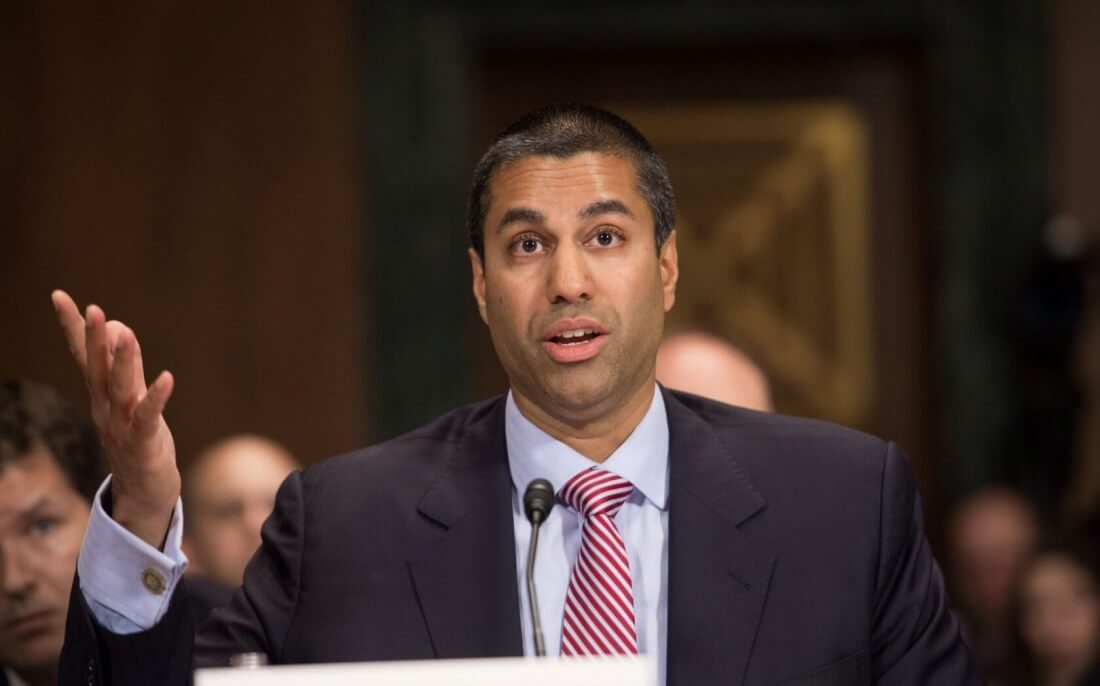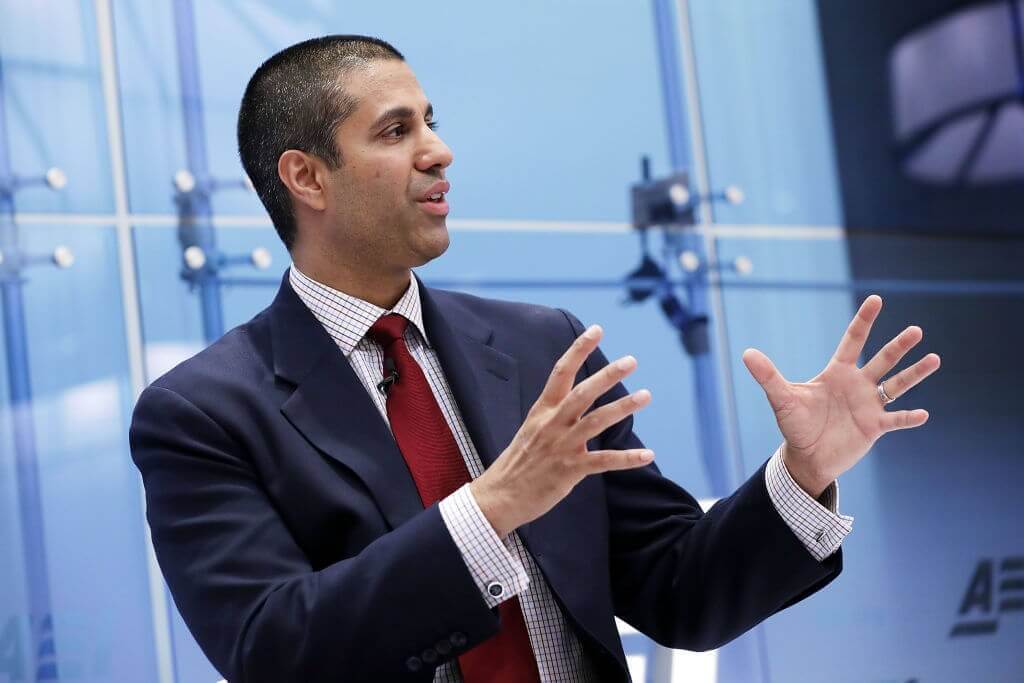WTF?! The United States' Eighth Circuit Court of Appeals has ruled that the FCC can "choose which evidence to believe" regarding its recent decision to allow areas with only a single ISP to be considered "competitive" -- and thus immune to business broadband price caps -- so long as a competing company's service region is less than half a mile away.

The FCC hasn't exactly been popular among consumers lately. The regulatory agency's controversial decision to roll back Title II net neutrality protections back in December was met with no small amount of criticism.
The Commission's image didn't get any better when its claims that its comment system was hit with a Distributed Denial of Service (DDoS) attack were proven false. The comment system ordinarily allows the public to leave feedback on upcoming proposals, but users were prevented from doing so for several days due to website issues.
Now, the FCC could be damaging its public perception even further, this time in the eyes of small businesses, schools, and government agencies.
According to Ars Technica, a US appeals court has upheld a recent FCC ruling that stated markets can be "competitive" even if there's only a single business broadband provider in the area.
If you're not quite sure what the implications of this ruling are, ISPs that aren't challenged by any competitors often have price caps imposed upon them to prevent them from unfairly raising prices for their customers.
By allowing the FCC to deem areas with only a single ISP as "competitive," these price caps could effectively be removed even when a company has a monopoly in an area.

The FCC argues that its "competitive market test" -- which considers any area within half a mile of a competing ISP's service region "competitive" -- supports its decision.
The theory here seems to be that other, smaller ISPs can merely expand their service regions to challenge the big guys, and as such, said big guys shouldn't be subject to price controls.
Competitive Local Exchange Carriers (the smaller ISPs in question) and business broadband customers disagree, however. They reportedly provided evidence to the court that suggested it wouldn't be economically viable to expand their service areas. The court seemed to reject this evidence, however.
Judges presiding over the case wrote that while both sides present conflicting, but equally-viable evidence, the FCC can "choose which evidence to believe" in its proceedings.
The relevant excerpt from the full court ruling is as follows (via Ars Technica):
We recognize that the relevant data presents radically different pictures of the competitiveness of the market depending on the economic theory applied and the weight given to conflicting pieces of evidence. But the FCC may rationally choose which evidence to believe among conflicting evidence in its proceedings, especially when predicting what will happen in the markets under its jurisdiction. Thus, we deny the petitions for review as to the Competitive Market Test because the FCC's resolution of competing evidence was not arbitrary and capricious.
This seems like a pretty strange decision. Based on this statement, it sounds like the FCC has been given free reign to pick and choose which evidence it wants to believe as long as its decisions aren't "arbitrary."
Do you think the court's decision was warranted? Let us know in the comments.
https://www.techspot.com/news/76207-us-court-appeals-rules-fcc-can-consider-areas.html